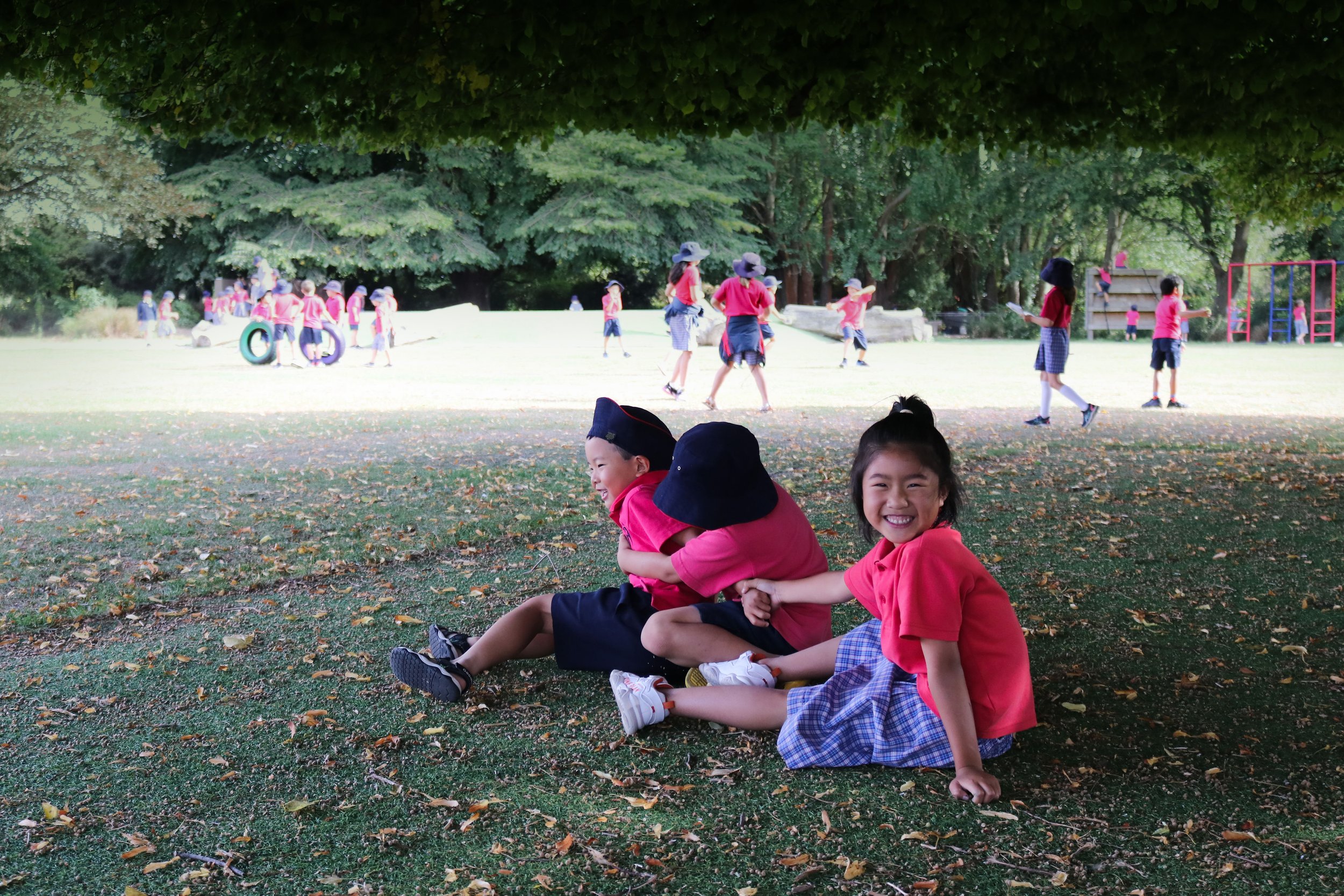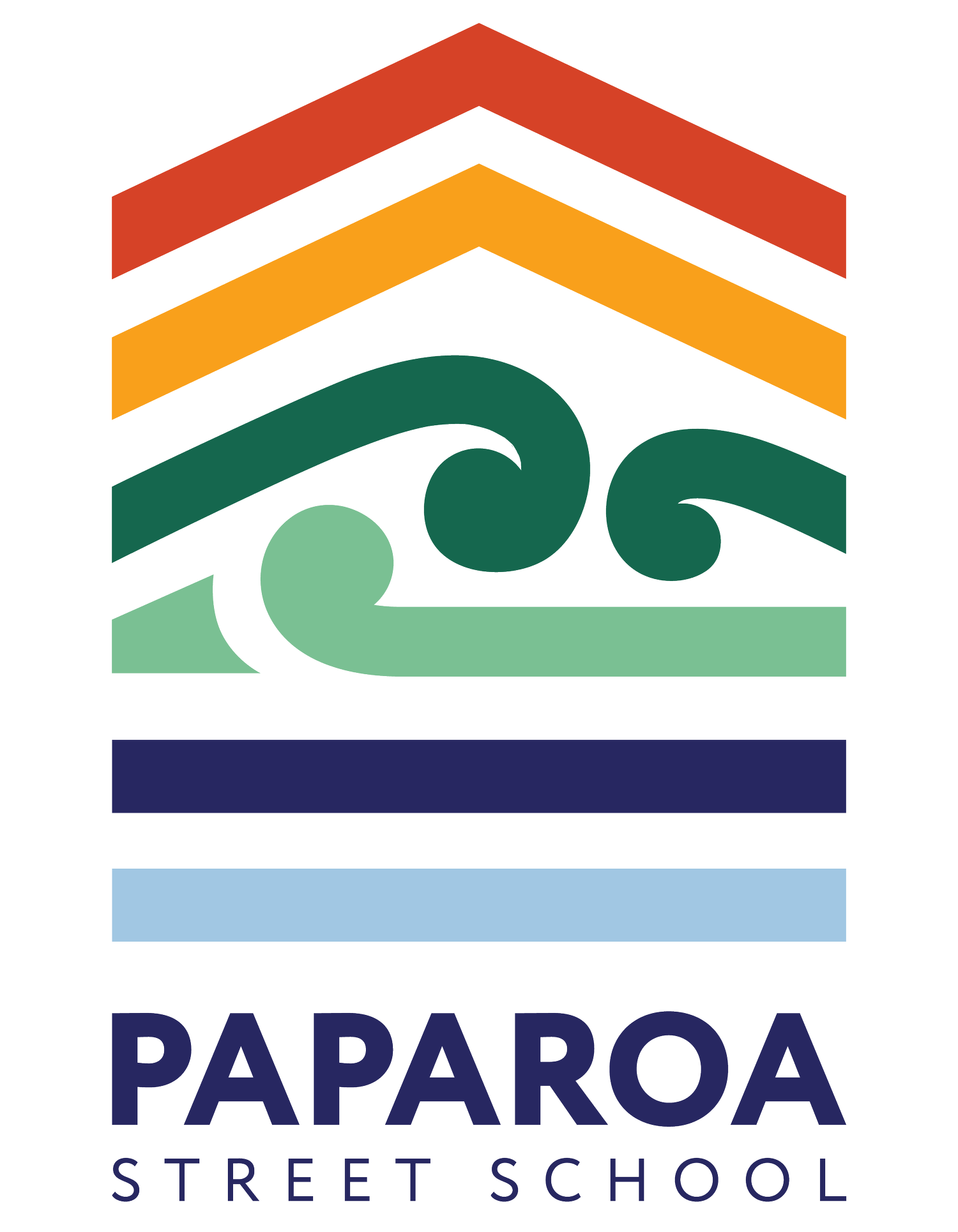
Reporting.
Reporting to Parents on Student Progress
The aim of reporting student progress to parents is to
provide regular opportunity for building strong learning relationships,
celebrate learning progress and achievement.
ensure a shared understanding of learning needs by learners, teachers and parents alike.
We report to parents/ whānau about their child’s:
Learning Capabilities
Learning needs
Social Skills
Academic progress
Reporting is honest, positive and based on triangulated teacher observations and data gathering, with a focus on literacy, numeracy and children’s learning capabilities.
Parents can expect to receive formal and informal feedback with regards to student’s progress and achievement as follows.
Formal Reporting.
Start up meetings -Term 1, Year Start.
Start up meetings are held at the beginning of the school year and provide an opportunity for parents, teachers and learners to set learning goals and discuss learning strengths and challenges
Twice yearly reporting - Mid Year & End of Year.
Twice yearly reporting through HERO which include progress graphs, student evidence and reflection and teacher comment in
Literacy (Reading, Writing, Oral Language)
Mathematics (Number, Problem Solving (DMIC) and Strand maths)
Capability reporting
Year 6 reports will also contain reference to whanaungatanga (belonging) and what these children have contributed to the school
Reports will be issued via HERO our online learning platform in late term 2 / early term 3 and again at the end of the school year.
Three-way impact meetings - Mid Year.
Parents will be invited to attend three-way impact meetings early in term 3 to discuss progress and achievement including next steps for each individual learner.
CAOS: ( New Entrants only) - Ongoing throughout the year.
CAOS is a framework used to help teachers understand the early development of children’s learning. Teachers complete informal assessment of functional skills, language skills, organisational skills, attention skills and social skills. This information is shared with parents at their child's Wellbeing meeting usually held about 5-6 weeks after starting school. The information gathered from this assessment allows staff to create learning opportunities to further develop identified next steps.
Informal Reporting.
Thursday Connect meetings
These are meetings generated by parent or teacher requests and are ongoing throughout the year every week as the need arises.
Seesaw
This is an online sharing platform, used to post highlights of current learning, and to access and work on learning activities. Seesaw creates another learning loop between students, teachers, and families as part of their learning journey. Parents and caregivers can log in to see and discuss with their children the learning that sits within this platform.
Google classroom
This is a platform that also supports learning and progress. Activities are posted which students are able to access before, during and after school hours. It fosters communication through feedback and collaboration and through joint activity work. It is another part of the learning loop between students, teachers and families. Predominantly used in Year 5/6 .
Kāinga Learning celebrations
Each Kāinga will hold Learning Celebration’s with its families. These feature learning that has been happening within its classes and are shared to parents and community. It is an opportunity to bring parents onboard, and for our learners to share their understanding and progress.
Learning Interventions
Interventions are provided for children who have been identified as priority learners in literacy and numeracy based on data gathered from assessments and teacher judgements. Parents are informed of their children's inclusion in any learning intervention and are informed of their progress through a Thursday after school meeting or an email sent to them by the class teachers.
IEPs:
For all ORS funded learners we hold IEP meetings 2x per year, April/May and October/November. These review and planning meetings involve the school teaching team- LA, Specialist teacher, Class teachers, Whānau and outside agencies such as MOE.
Child-led learning celebrations -Term 2 and 3.
The parent will make an appointment with their child during learning time and the child will lead the learning conversation demonstrating their learning and sharing artefacts. A teacher will connect with the child and parent during this time as required.
